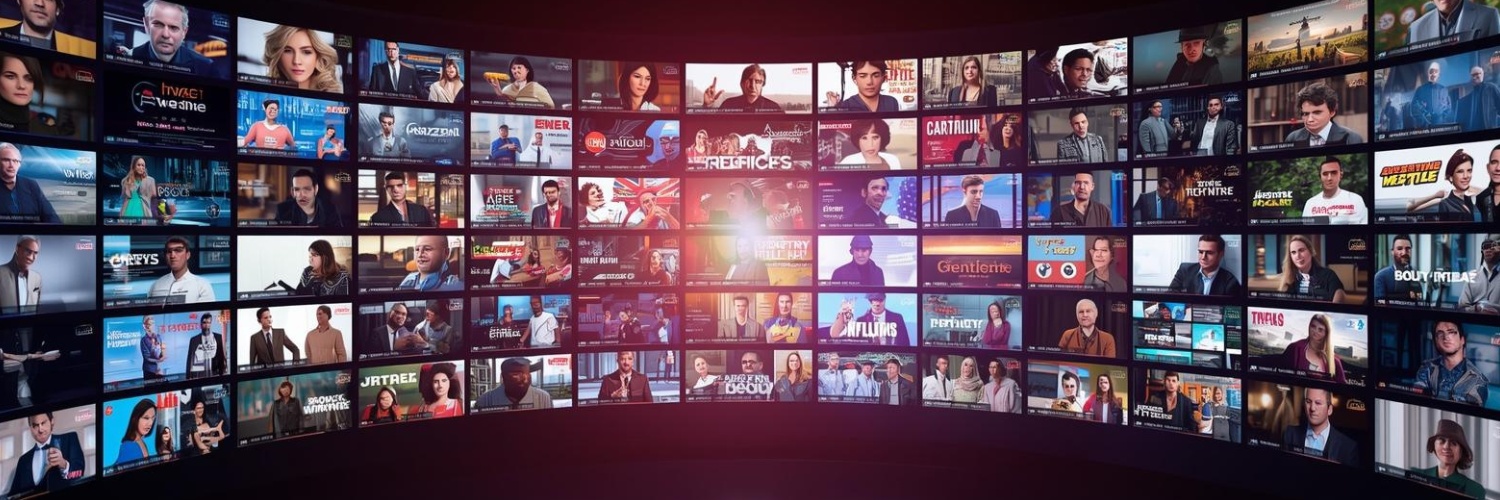- Siddhraj Thaker
- 127
The advertising landscape is undergoing a seismic shift as new technologies and platforms emerge. As we look towards the future, understanding these trends is crucial for businesses seeking to engage consumers effectively. Here’s a closer look at the emerging platforms and strategies shaping the future of advertising.
The Rise of Social Commerce
Social media platforms are evolving beyond mere social interaction. With features like shoppable posts and in-app purchasing, platforms like Instagram, TikTok, and Facebook are becoming essential for advertisers. This shift allows brands to create a seamless shopping experience directly within social apps. As consumers increasingly turn to social media for purchasing decisions, leveraging social commerce will be vital for future advertising strategies.
Video Content Dominance
Video continues to reign supreme in digital marketing. Platforms like YouTube, TikTok, and Instagram Reels are driving this trend. Short-form video content, in particular, captures attention and encourages engagement. Brands that embrace video storytelling not only enhance their reach but also foster deeper connections with their audience. As internet speeds improve and mobile consumption increases, investing in quality video content will be paramount.
Influencer Marketing Evolution
Influencer marketing is maturing, with brands shifting focus from celebrity endorsements to micro and nano influencers. These influencers often boast highly engaged audiences and authentic connections, making them invaluable for targeted advertising. In the future, expect brands to prioritize building long-term partnerships with influencers who align with their values, leading to more genuine brand advocacy.
Augmented Reality (AR) and Virtual Reality (VR)
AR and VR technologies are transforming how brands engage consumers. From virtual try-ons in the fashion industry to immersive ad experiences in gaming, these technologies offer innovative ways to interact with products. As AR and VR become more accessible, their integration into advertising strategies will enhance consumer engagement and provide unique brand experiences.
Personalization through AI
Artificial Intelligence (AI) is revolutionizing advertising by enabling hyper-personalization. Brands can analyze consumer behavior, preferences, and engagement patterns to create tailored ads that resonate on an individual level. As privacy regulations evolve, finding a balance between personalization and data privacy will be critical for advertisers aiming to maintain consumer trust.
Conclusion
The future of advertising is dynamic and driven by innovation. By embracing emerging platforms like social commerce, investing in video content, leveraging influencer partnerships, exploring AR and VR technologies, and utilizing AI for personalization, brands can stay ahead of the curve. As we move forward, adaptability will be the key to successful advertising strategies in this ever-evolving landscape.
Tags:
Business TrendsMarket Analysismarket chaAuthor - Siddhraj Thaker
Siddhraj is a budding content writer with a great passion for storytelling and a keen eye for detail. With a degree in engineering and knack for marketing, backed with multiple internships, he brings a fresh perspective and coherent blend of creative, technical, and strategic thinking. Motivated to learn new things, he has a versatile writing style with an ability to craft compelling content that also aligns with business objectives.
Recent Post






